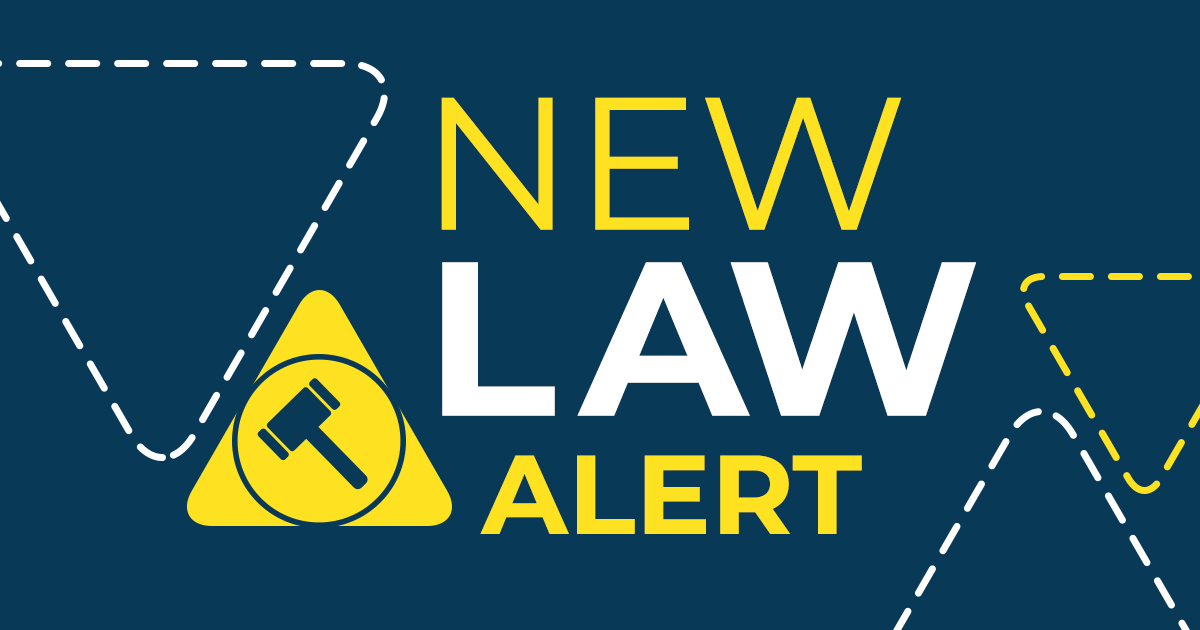New York has passed a new law, Bill S2271, that simplifies the recognition of out-of-state notarizations, making it easier for businesses and individuals to transact business across state lines.
Previously, New York required a "certificate of conformity" to verify that out-of-state notarizations complied with the laws of the other state. This extra step created delays and added costs for transactions. Under the new law, the signatures and titles of authorized out-of-state notaries now serve as conclusive proof of their authority.
In simple terms, if a document is notarized according to the laws of another state, it will be treated as valid in New York without additional verification.
By eliminating these unnecessary hurdles, the law streamlines cross-state transactions, saving time and money. Businesses can now operate more efficiently across state lines, while individuals benefit from smoother processes when buying property, signing contracts, or managing other legal matters.
The law is effective immediately, offering instant relief to those dealing with cross-state paperwork. Whether you’re a business professional or a consumer, this change makes interstate transactions easier, less expensive, and more efficient.





